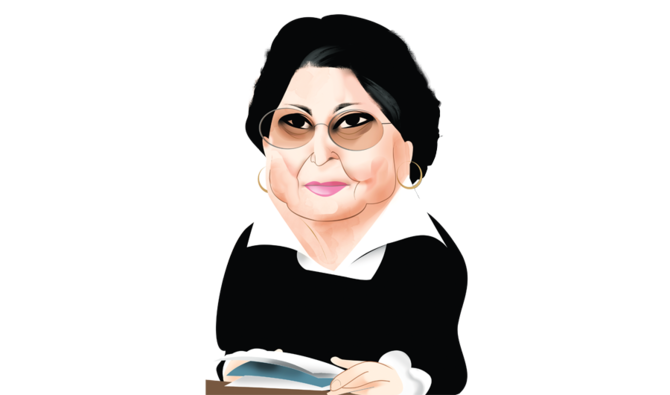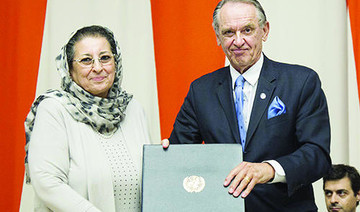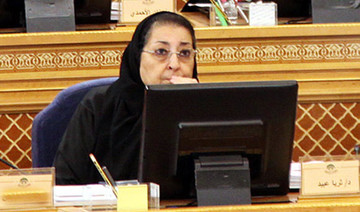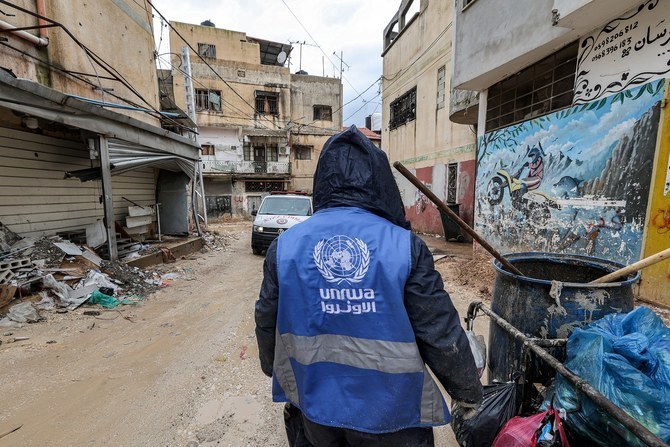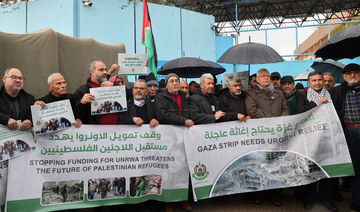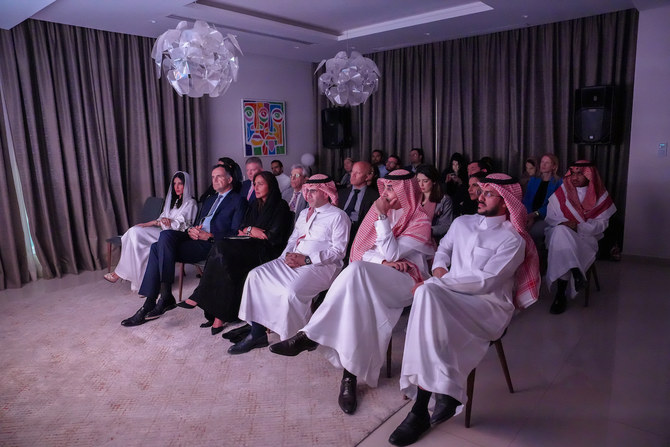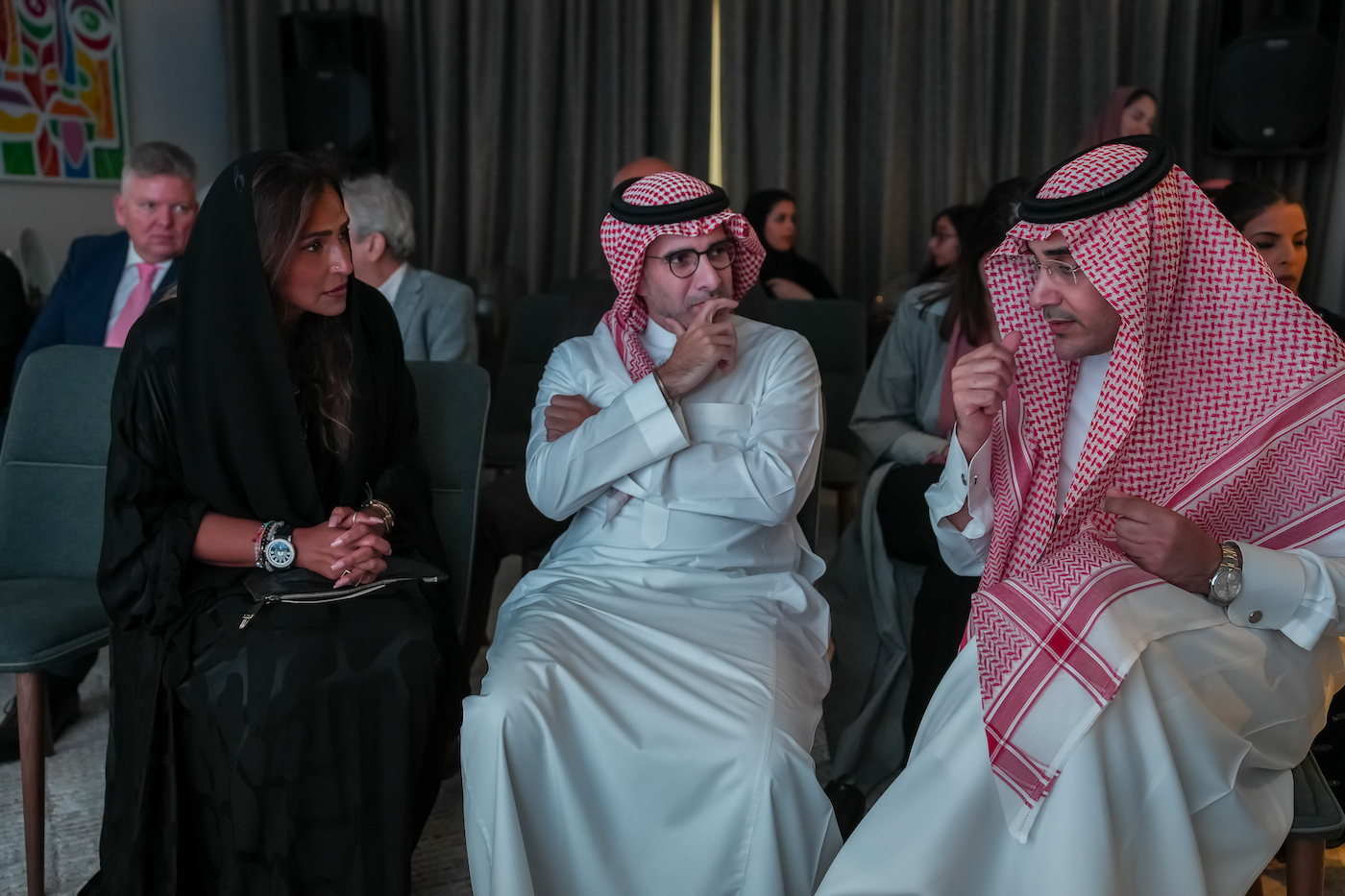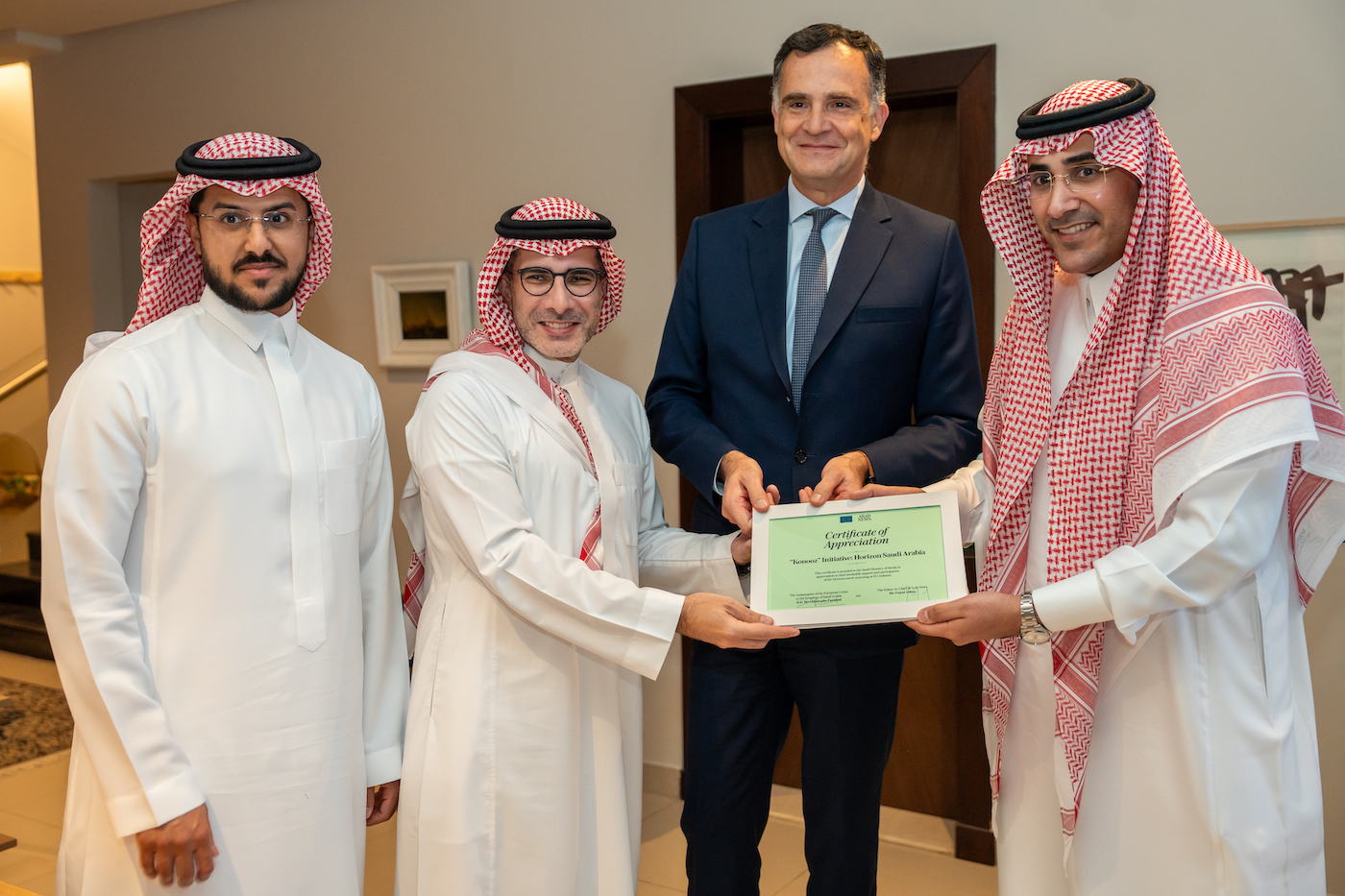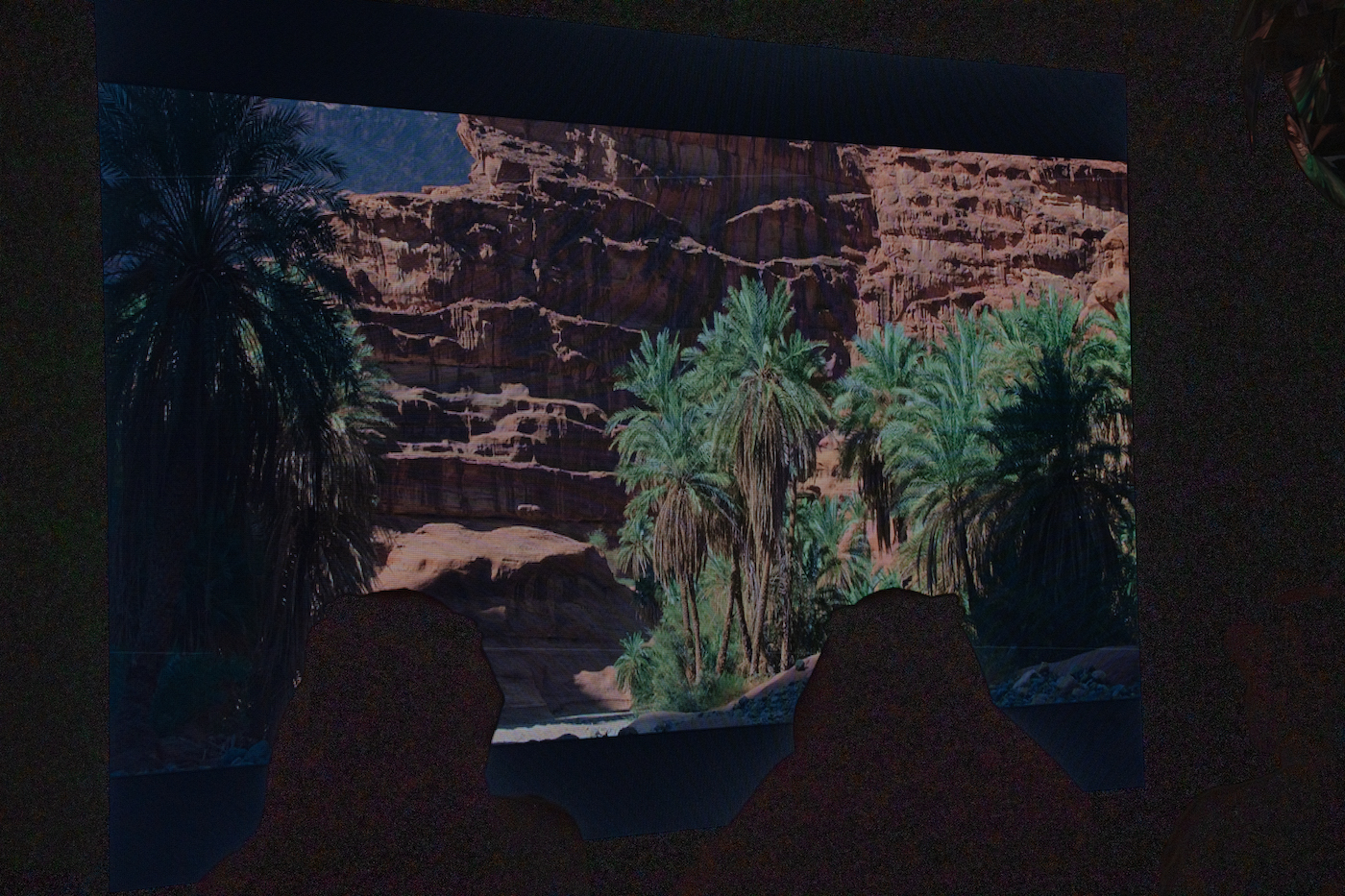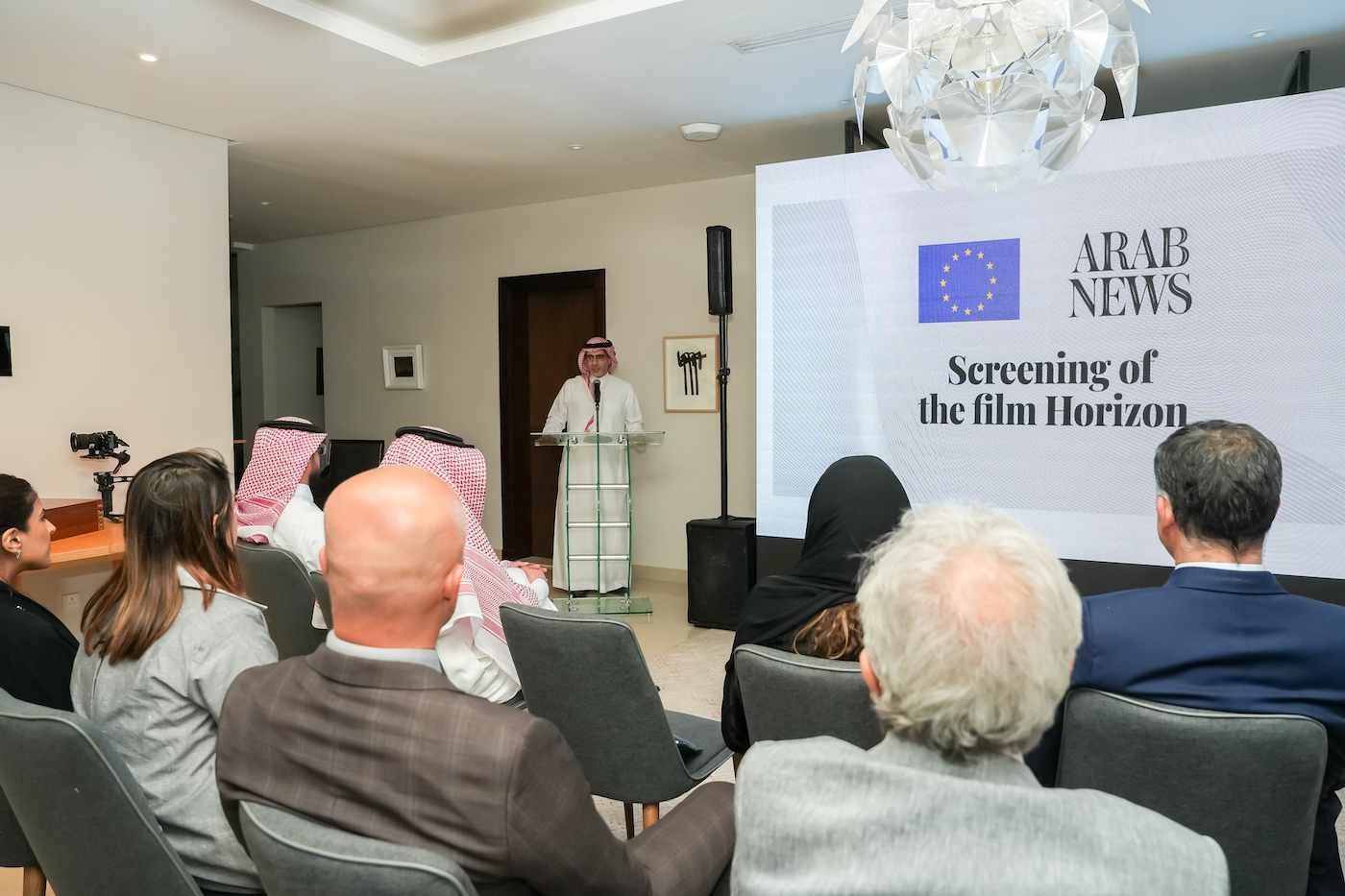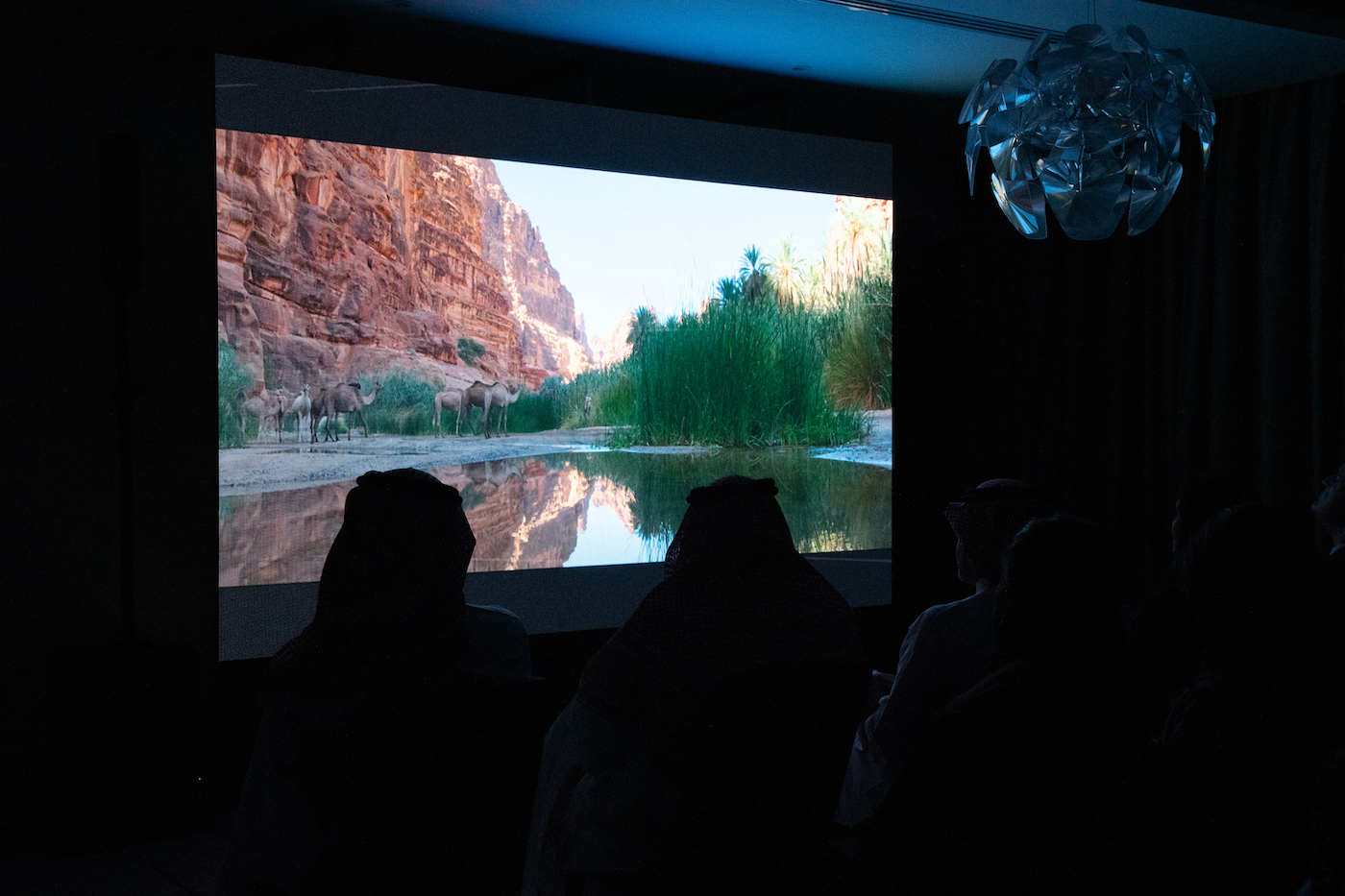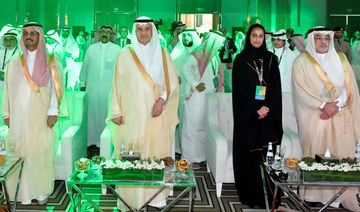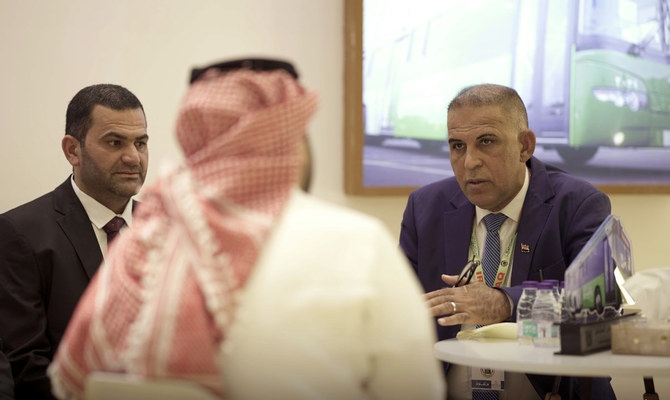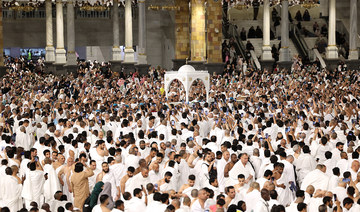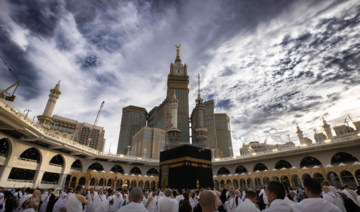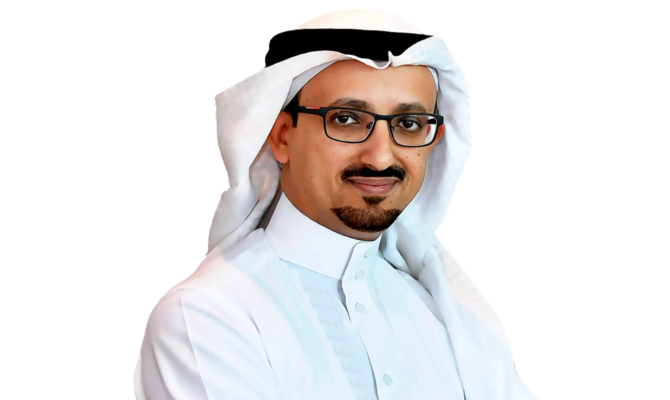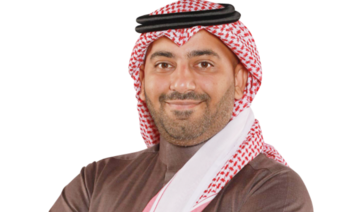RIYADH: The first Saudi to head a UN agency, the first Saudi female to graduate from a US university on a government scholarship, one of 30 women to be appointed to the Shoura Council for the first time, one of 100 notable “Muslim Builders of World Civilization and Culture,” and editor of “The Oxford Dictionary of Islam.” These are just a few achievements on the remarkable CV of Dr. Thoraya Ahmed Obaid.
For years she politely declined media requests for interviews, saying it was time for the next generation to take the spotlight. But after a year of attempts by Arab News, she finally granted the newspaper an interview.
As the Arab world marks Mother’s Day on March 21, Arab News decided it was a good occasion to sit down with Obaid, a mother of two girls, because she has been a role model to so many young Saudi women.
She has been an advocate for women’s rights worldwide, most notably as under-secretary-general and executive director of the UN Population Fund (UNFPA) from 2001 to 2010.
But what most people do not know is how humble she is. “Please don’t call me Dr. Thoraya, call me auntie,” she said in a soft voice.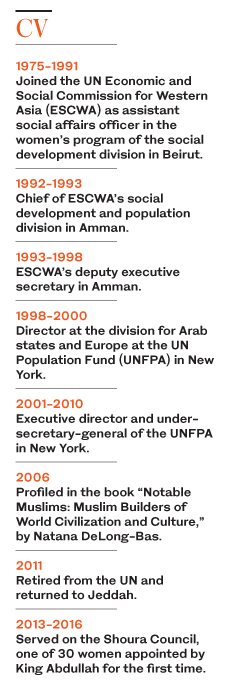
Early beginnings
“I was 7 when I left for Cairo (to study at a boarding school). There were no girls’ schools in Saudi Arabia at the time, in September 1951, and my father had the same principles for his sons and daughter. He followed our Islamic teaching that advocated education for all,” she said.
“I started crying when he took me to the school in Cairo and told the teacher to take me away.”
Years later, she asked her father how he felt at that time. He told her: “I felt that if I let my fatherly emotions take over, I’d have bundled you up and taken you away.”
But he decided against it, realizing that this moment would make or break her future, and he wanted to empower her through education.
That moment, Obaid said, helped her cope anywhere in the world.
She learned to make a new family through bonds with other students and teachers at the boarding school.
She went on to get a PhD in English literature, with a minor in cultural anthropology, from Wayne State University in Detroit.
“My generation was focused on education,” she said. “You learn that education isn’t only for you, but also for you to serve others.”
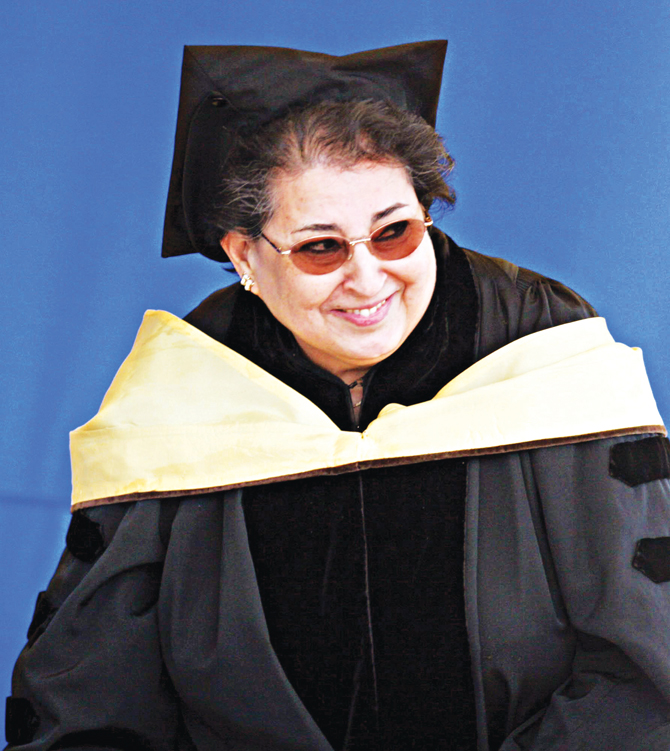
Working life
Obaid has lived and worked most of her life outside her country, in Egypt, Lebanon, Iraq, Jordan and the US.
During her time with the UN, she travelled the world. After her meetings in various countries, she would insist on going to villages and poor urban areas where the UNFPA supported government projects, so she could meet the people there.
“These are the real people that must be empowered to change their own lives, not the ones we meet in the ministries,” she said. “Unless you go and see the poor, the sick and the very basic human rights violations, you won’t know what the country is about, especially if you’re stuck in nice hotels.”
Even though she sought to visit these impoverished areas, heart-wrenching scenes would always get to her. At the UN they called her the “crying executive director,” but she was not ashamed of her tears.
In one African country, while checking maternal programs in the village, she encountered a sickly woman who was thrown out of her home by her husband. She told her story to Obaid, both of them with tears streaming down their cheeks.
In South Africa, she visited the cell in which Nelson Mandela was imprisoned for 17 years. The guides were all former political prisoners, who said they kept the prison open in order to demonstrate that apartheid should not exist anymore. As she cried silently, she told them: “You know, there’s another apartheid happening again, in Palestine.”
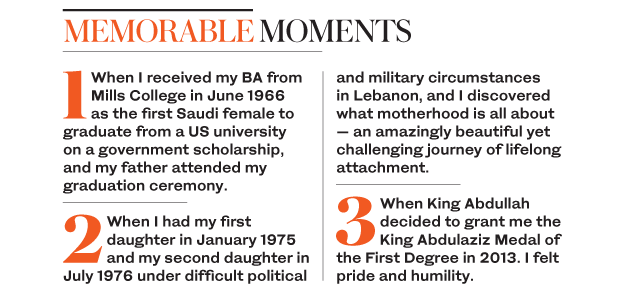
Life lessons
Obaid’s experiences taught her much about life. When it comes to family, she had this advice: “For young girls in families, don’t ask for everything and at the same time. Be selective, and have a strategic goal that you want to achieve in your life; focus on that.”
She said: “My most important request was going to university, a goal that’s now taken for granted by the young generation. So I tell girls to have a strategic objective in life. If you work toward it and achieve it, it will change your life.”
She advises daughters not to be inflexible with parents regarding their demands. “When you grow up, you’ll realize the issues weren’t worth it,” she said. “It’s even more obvious when you become a parent yourself.”
Obaid, who worked hard to realize her dreams, added: “We, as human beings, don’t have unlimited energy, so direct your energy to what will make a difference in your life.”
As for being Saudi, she said there is no place like home, adding: “I’ve lived 58 years out of my country and returned voluntarily. I’ve never really felt home except in my home, Saudi Arabia, with all its frustrations and complications.”
It never crossed her mind to get another passport or residency permit, she said. “I learned that one’s dignity lies in their homeland. Wherever you go and however long you stay, you’ll always feel like an outsider. Even if you integrate in the community, you’re still an outsider,” she added.
When asked what advice she would give youths, she said: “Have faith in Allah, and believe in yourself and that you were created to bring good to the world.”



